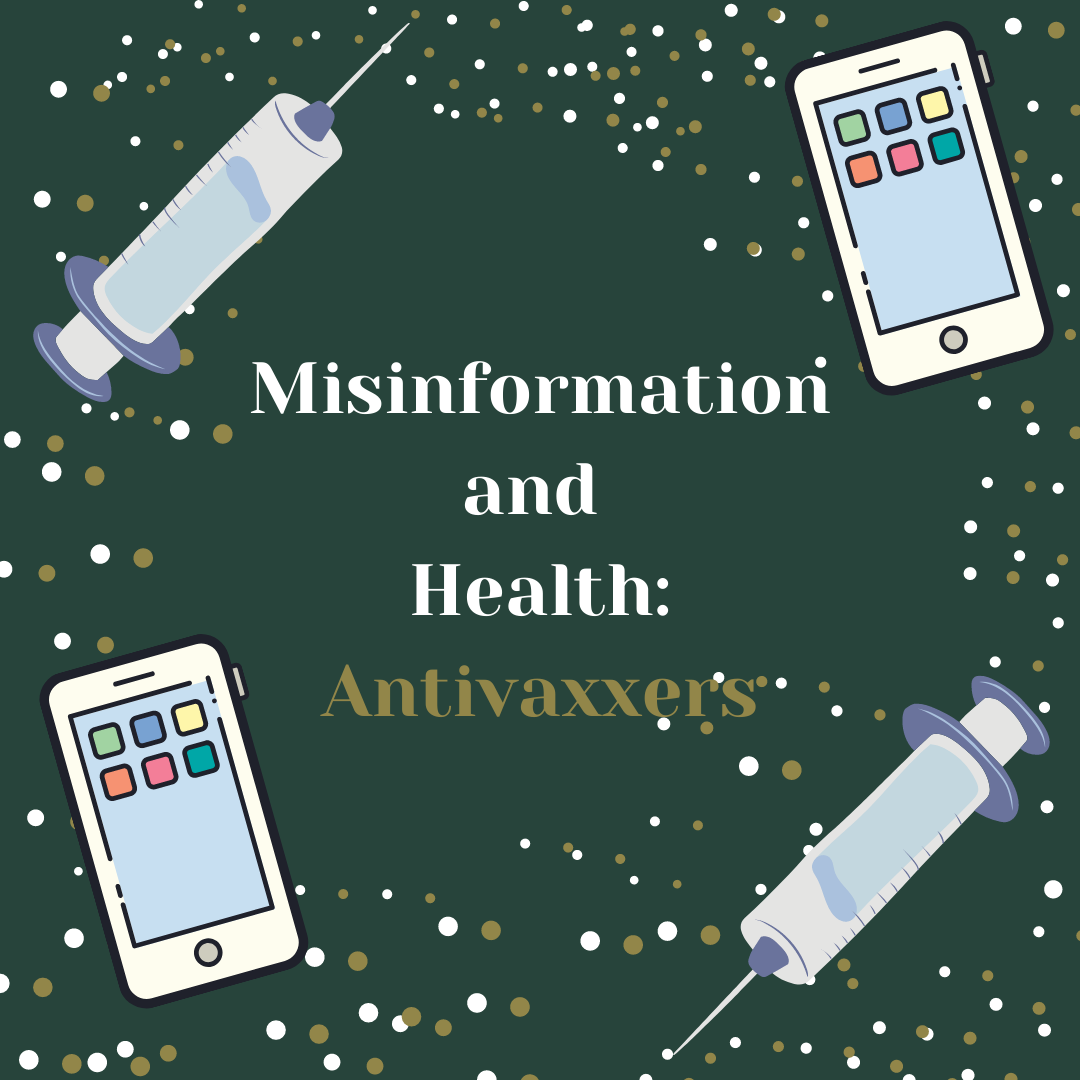By Iman Baber
For many, the development and administration of the COVID-19 vaccine came as a welcome relief. A sense of hope – perhaps a promise of a return to fragile normalcy after months in a tumultuous pandemic. However, with the advent of the vaccine came the rise of a infamous counterforce: the anti-vaxxer movement.
An anti-vaxxer is an individual who refuses to receive a vaccine for an infectious disease. While the movement has been around for many years, it has risen to notoriety due to multiple factors, the pandemic among them.
With the globe amidst the throes of a highly contagious illness, the anti-vaxx movement is both odd and dangerous. So, why do many take part with the embodied sentiment?
Anti-Vaxx: A Brief Timeline:
In recent times, the anti-vaccine sentiment had surged during the late 90s with the 1998 study that linked vaccines to a rise in autism in children.
Since then, the study has been debunked numerous times, with counter-studies performed and the violation of ethics the original had committed was highlighted.
While many may consider this the beginning of the anti-vaccine movement, vaccine hesitancy is as old as vaccines themselves. In fact, many of the counters to vaccines presented in the 1800s still hold true for anti-vaxxer rhetoric today. This includes a belief that “ that the government had no business telling people how to take care of their health”, “religious or ideological concerns”, and “that the government was essentially experimenting on them by requiring vaccines”, as elaborated by Vox.
However, there are factors that make the movement of today distinct from the deniers of the 19th century – one such factor being the rise of social media.
With social media, information could now travel at lightning speeds and at the click of a button. However, with a lack of regulation, it has led to a dangerous spread of misinformation, done with a frightening amount of ease.
In fact, according to NPR, “researchers have found just 12 people are responsible for the bulk of the misleading claims and outright lies about COVID-19 vaccines that proliferate on Facebook, Instagram and Twitter”.
Additionally, the political polarization of the pandemic has skewed vaccine sentiment over party lines. A study done by the Kaiser Family Foundation found that 60% of adults who are unvaccinated within the United States are Republicans or Republican-leaning.
When you mix political polarity, global uncertainty, and online platforms where controversial content and conspiracy theories garner attention within the blink of an eye, one can see how the once small movement is now considerably more vocal.
The Ramifications
The consequences of this phenomenon have been severe and visible for years. Not only does the movement erode trust in public health entities such as the Center for Disease Control and Prevention (CDC) – it can actively harm individuals, sometimes even fatally.
In 2015, a measles outbreak quickly spread across the Western Coast of the United States, tracing its origin back to Disneyland. Hundreds were infected – a large portion of whom were unvaccinated. This event underscored the importance of immunity – highlighting how anti-vaccine sentiments led to an outbreak of a painful disease previously thought to be eradicated.
And now, with the pandemic, unvaccinated individuals face larger risks from the COVID-19 virus: 9 times more likely to be hospitalized if infected with COVID-19, and 14 times more likely to die when compared to vaccinated individuals, as reported by the BBC.
Actions
As mandates are rolled back across the nation, a return to normalcy is more imminent than ever. However, vigilance must remain, as anti-vaccine sentiment shapes the situation around us. The misinformation spreading online isn’t benignly remaining digital – it is affecting the health of both individuals and the public.
As consumers of information online, we must critically analyze the information we share, read, watch, or listen to. Misinformation is rampant, and can be misleading at best, and highly dangerous at worst.
Anti-vaccine sentiments may have a long history. However, with vigilance and a purpose to protect the public health of our communities, perhaps it is the entity that can be eradicated.

